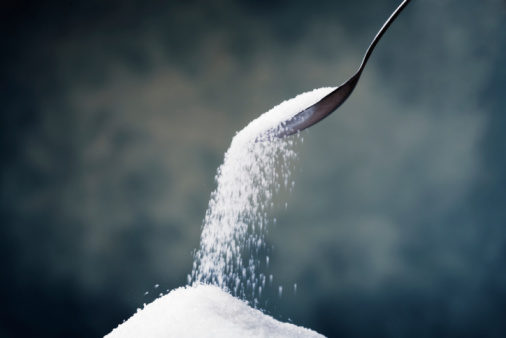Overall, according to a press release, consumer attitudes about real sugar are increasingly positive, while the favorability of artificial sweeteners has declined.
“The shift in consumer attitudes about sugar over the last three years shows consumers have a much deeper and clearer understanding of sugar’s plant origin, as well as its role in a balanced diet,” said Dr. Courtney Gaine, Ph.D., R.D., President and CEO of the Sugar Association, in the press release. “That is good news and progress for facts, nutrition science and common sense over a lot of the misinformation around sugar we have seen in recent years.”
Related: 3 Tricks to Delivering Healthy Indulgent Foods Maple Syrup Production Down 33.6% Kids Health in a Post-COVID World
The study was performed on a national, statistically representative sample of 1,500 adults across the United States. Some numbers:- 80% of consumers agree that “real sugar” is naturally occurring. 54% put “table sugar” in this category.
- More consumers (57%) associate sugar with the fun and happiness it provides in their lives, rather than the guilt (43%) some associate with eating sugar.
- Only 7% of consumers believe sugar CANNOT play a role in a balanced diet, as compared to 23% who say artificial sweeteners CANNOT play role in a balanced diet.
- Consumers rank sugar higher than artificial sweeteners on almost all attributes they identify as important for foods and beverages they purchase.
- The top two food ingredients consumers now avoid are High Fructose Corn Syrup and sugar substitutes. In 2018 the most avoided ingredient was sugar, which has now slid down the list of ingredients being avoided, falling to number eight.
- More than 70% of consumers say they avoid products that contain artificial sweeteners—including bread, yogurt, peanut butter, canned fruit and children’s cereal.
- 70% of consumers avoid or moderate their sugar intake. The top three ways consumers limit sugar is by consuming products with sugar less often, consuming smaller portions and consuming reduced-sugar products.
More information about the need for complete and accurate labeling of artificial sweeteners in packaged food can be found here.









